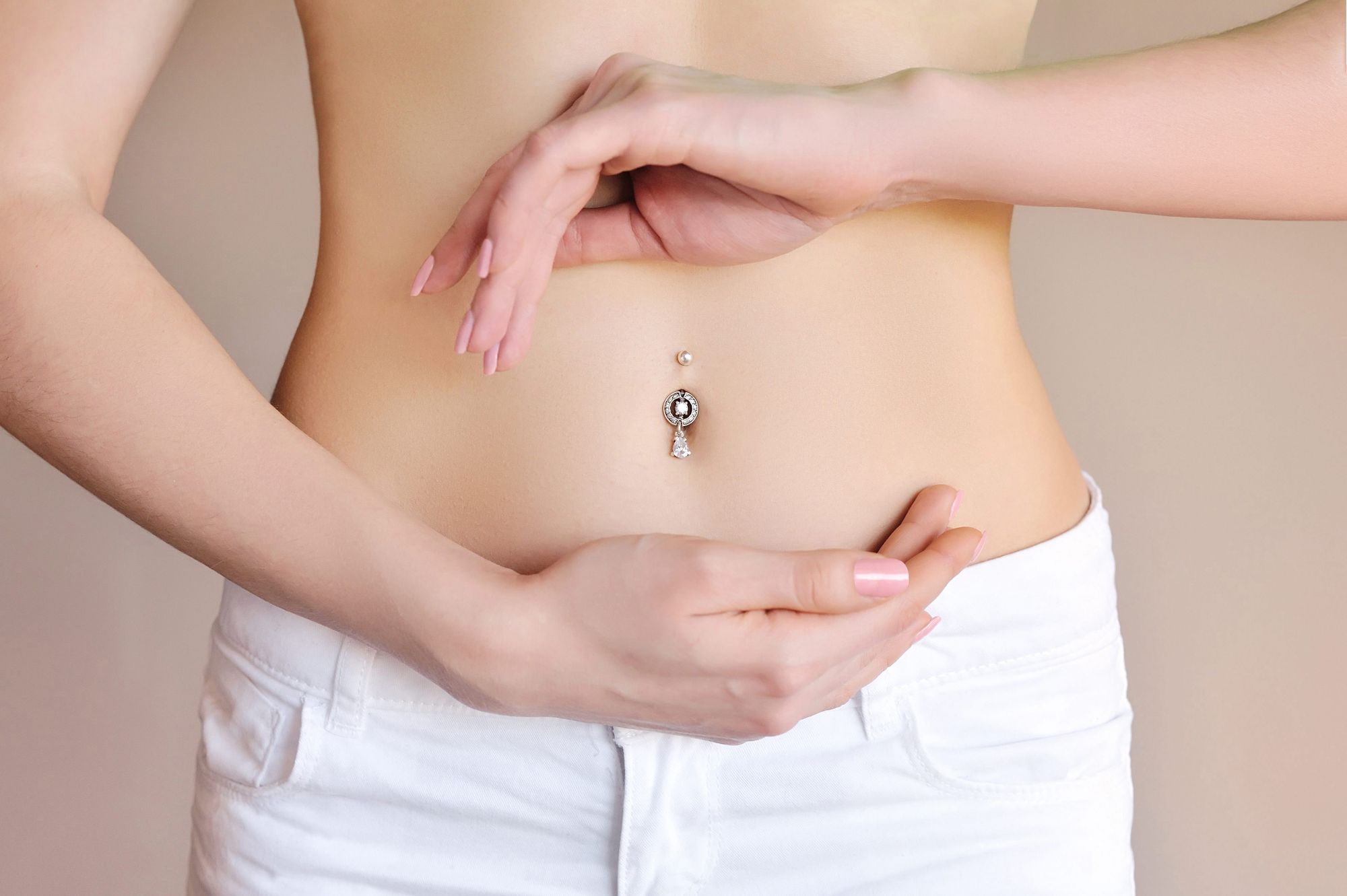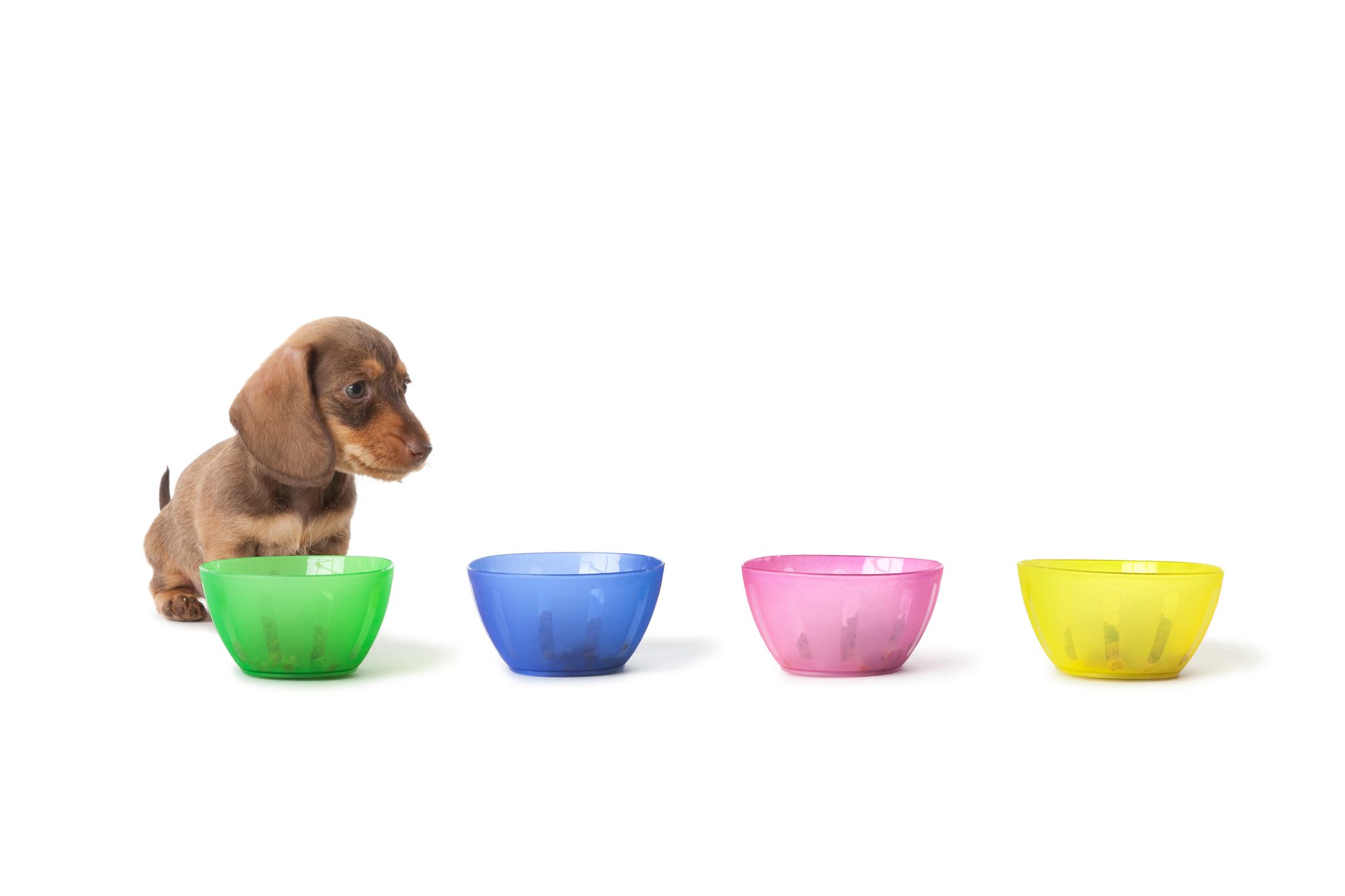Gut Health: The Secret To Transforming Your Physique?
Can improving your gut health help you lose fat and build muscle at a quicker rate? We explore the truth and various gut health tips in this article.

Gut health is all the rage these days ?
And that’s a no-brainer, given the vast body of research linking gut health to numerous aspects of health that seemingly have nothing to do with digestion. From skin health to sex drive; from chronic illnesses (e.g. cancer and type 2 diabetes) to emotional stress; from muscle repair to weight loss.
Wait, what? Muscle repair and weight loss? How?
Also, does this mean improving your gut health could help you look better – in addition to promoting your mental health, protecting you from disease, and keeping your inflammation levels low?
(As if you needed more reasons to take better care of your digestive tract!)
So many questions. So few answers.
But don't worry; that's what this article is for. Here's what you need to know about gut health's impact on muscle-building and fat loss.

What is gut health?
Here’s something you should know: your gastrointestinal tract is teeming with trillions (!) of bacteria.
They are collectively known as your ‘gut microbiome’.
The majority of these gut bacteria carry out essential tasks to keep you healthy. For example, your gut bacteria are responsible for producing various vitamins – including vitamin K – and communicating with your immune system to help your body fight off infection.
However, there’s a flip side to this. You can also find ‘bad bacteria’ in your gut.
When your gut works as it should, the ‘good’ bacteria and ‘bad’ bacteria keep each other in check. But when that delicate balance gets skewed, the ‘Bad Guys’ can take over – and they can produce inflammatory compounds that pass into the bloodstream, spreading the inflammation to other parts of the body. A recipe for poor health.
That said, a healthy gut isn’t all about the balance between good and bad bacteria.
It’s also about the diversity of microbes in your gut; scientists believe that the more diverse your microbiota, the healthier your gut.
So, you can think of ' gut health' as a term that describes the state of your microbiome.
What's the link between gut health and looking better?
Okay, so poor gut health can lead to inflammation – a known contributing factor to numerous chronic conditions, emotional well-being, and skin issues (e.g. eczema). The link between gut health and these health indicators is thus clearly visible.
But what about the part on gut health’s potential to help you look better? Let’s get into that right away.
Your gut health influences your weight loss
Remember how a sign of a healthy gut is that of microbiota diversity?
Well, research indicates that the diversity of your gut microbiome may directly affect your weight. A 2009 study published in Nature examined the gut bacteria in 77 pairs of twins – one of whom was obese and not.
The findings? Researchers found that those who were obese had lower gut bacteria diversity (i.e. fewer types of bacteria) than their non-obese twins.
Your gut bacteria can also affect your appetite.

Some studies have shown that different gut bacteria can affect the production of your ‘hunger’ hormones – including leptin, ghrelin, and peptide YY – and, in turn, how hungry you feel.
One key microbe appears to be Helicobacter pylori, which helps to dial back your stomach’s production of the hunger hormone ghrelin. A little background: ghrelin stimulates appetite, increases food intake, and promotes fat storage.
So, imagine what happens when your body produces insufficient Helicobacter pylori.
That's right; you're going to feel hungrier and eat more – potentially going into a calorie surplus.
A healthy gut can build muscle
In most cases, 'looking better' isn't just about losing weight; it's also about adding muscle to your frame, so you have more definition.
How does gut health help with this aspect?
Well, as mentioned in previous articles, muscle-building occurs during the recovery stage.
After your muscles are damaged, your body makes use of amino acids (i.e. the building blocks of protein) to repair muscle tissues – in turn, making them bigger and stronger.
Interestingly, emerging research suggests that certain types of bacteria (found in a healthy, diverse gut microbiome) can boost recovery from exercise.
Examples of bacteria include those that help with amino acid synthesis and those that boost metabolism, muscle maintenance, and even lactic acid breakdown.
Another important way your gut health can increase your muscle mass? It’s by keeping your immune function going strong.
This prevents you from having to take a couple of days off training because you’re under the weather; more healthy days and fewer interruptions to your training program help you consistently work on your fitness.
And as we all know, consistency is key to making progress on your fitness journey!
How to improve your gut health
Now that you know the importance of gut health to your physique transformation… This begs the question: "How can I improve my gut health?"
It’s surprisingly simple.
You can improve your gut health simply by paying more attention to your nutrition (i.e. the foods in your diet).
While there are no ‘best foods for gut health’, there are vital dietary choices you can make that'll promote gut health. This includes:
• A diverse range of foods
• Lots of fiber-rich foods
• Whole grains
• Fermented foods
Oh, and it goes without saying that if your goal is to build muscle and lose fat simultaneously (i.e. body recomp)? You'll have to make sure you're training optimally.
That means you need to consider your training program structure, sets and reps scheme, exercise selection, recovery periods, etc.
Sound like too much of a hassle to you?
Would you prefer to jump straight into every workout without having to spend hours deciding if you should do the leg press instead of the squats for your quads?
Then you’re going to want to check out GymStreak – the AI-powered workout planner and tracker that plans out all the nitty-gritty details for you, so you only need to focus your attention on showing up – and training hard.
Get GymStreakReferences
Costabile, A., Klinder, A., Fava, F., Napolitano, A., Fogliano, V., Leonard, C., Gibson, G. R., & Tuohy, K. M. (2008). Whole-grain wheat breakfast cereal has a prebiotic effect on the human gut microbiota: A double-blind, placebo-controlled, crossover study. The British Journal of Nutrition, 99(1), 110–120. https://doi.org/10.1017/S0007114507793923
Deng, F., Li, Y., & Zhao, J. (2019). The gut microbiome of healthy long-living people. Aging (Albany NY), 11(2), 289–290. https://doi.org/10.18632/aging.101771
Guerin-Danan, C., Chabanet, C., Pedone, C., Popot, F., Vaissade, P., Bouley, C., Szylit, O., & Andrieux, C. (1998). Milk fermented with yogurt cultures and Lactobacillus casei compared with yogurt and gelled milk: Influence on intestinal microflora in healthy infants. The American Journal of Clinical Nutrition, 67(1), 111–117. https://doi.org/10.1093/ajcn/67.1.111
Heiman, M. L., & Greenway, F. L. (2016). A healthy gastrointestinal microbiome is dependent on dietary diversity. Molecular Metabolism, 5(5), 317–320. https://doi.org/10.1016/j.molmet.2016.02.005
Hills, R. D., Pontefract, B. A., Mishcon, H. R., Black, C. A., Sutton, S. C., & Theberge, C. R. (2019). Gut Microbiome: Profound Implications for Diet and Disease. Nutrients, 11(7). https://doi.org/10.3390/nu11071613
Holzer, P., & Farzi, A. (2014). Neuropeptides and the Microbiota-Gut-Brain Axis. Advances in Experimental Medicine and Biology, 817, 195–219. https://doi.org/10.1007/978-1-4939-0897-4_9
Klinder, A., Shen, Q., Heppel, S., Lovegrove, J. A., Rowland, I., & Tuohy, K. M. (2016). Impact of increasing fruit and vegetables and flavonoid intake on the human gut microbiota. Food & Function, 7(4), 1788–1796. https://doi.org/10.1039/c5fo01096a
Lustgarten, M. S. (2019). The Role of the Gut Microbiome on Skeletal Muscle Mass and Physical Function: 2019 Update. Frontiers in Physiology, 10. https://doi.org/10.3389/fphys.2019.01435
Petersen, L. M., Bautista, E. J., Nguyen, H., Hanson, B. M., Chen, L., Lek, S. H., Sodergren, E., & Weinstock, G. M. (2017). Community characteristics of the gut microbiomes of competitive cyclists. Microbiome, 5(1), 98. https://doi.org/10.1186/s40168-017-0320-4
Shreiner, A. B., Kao, J. Y., & Young, V. B. (2015). The gut microbiome in health and in disease. Current Opinion in Gastroenterology, 31(1), 69–75. https://doi.org/10.1097/MOG.0000000000000139
Turnbaugh, P. J., Hamady, M., Yatsunenko, T., Cantarel, B. L., Duncan, A., Ley, R. E., Sogin, M. L., Jones, W. J., Roe, B. A., Affourtit, J. P., Egholm, M., Henrissat, B., Heath, A. C., Knight, R., & Gordon, J. I. (2009). A core gut microbiome in obese and lean twins. Nature, 457(7228), 480–484. https://doi.org/10.1038/nature07540
Wu, H.-J., & Wu, E. (2012). The role of gut microbiota in immune homeostasis and autoimmunity. Gut Microbes, 3(1), 4–14. https://doi.org/10.4161/gmic.19320


